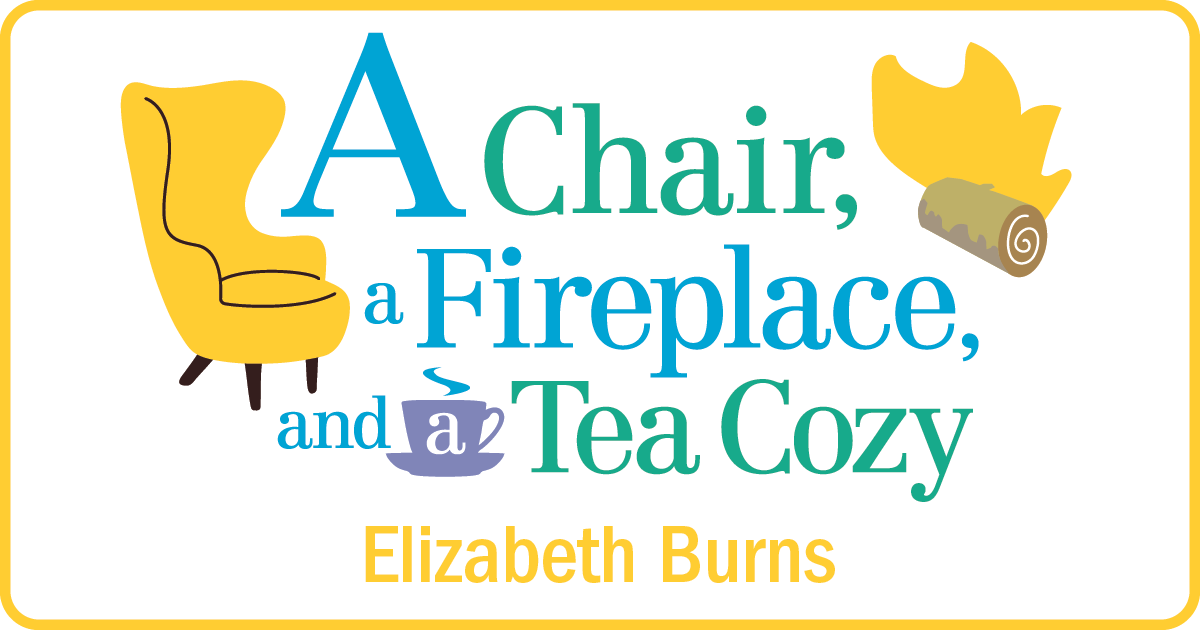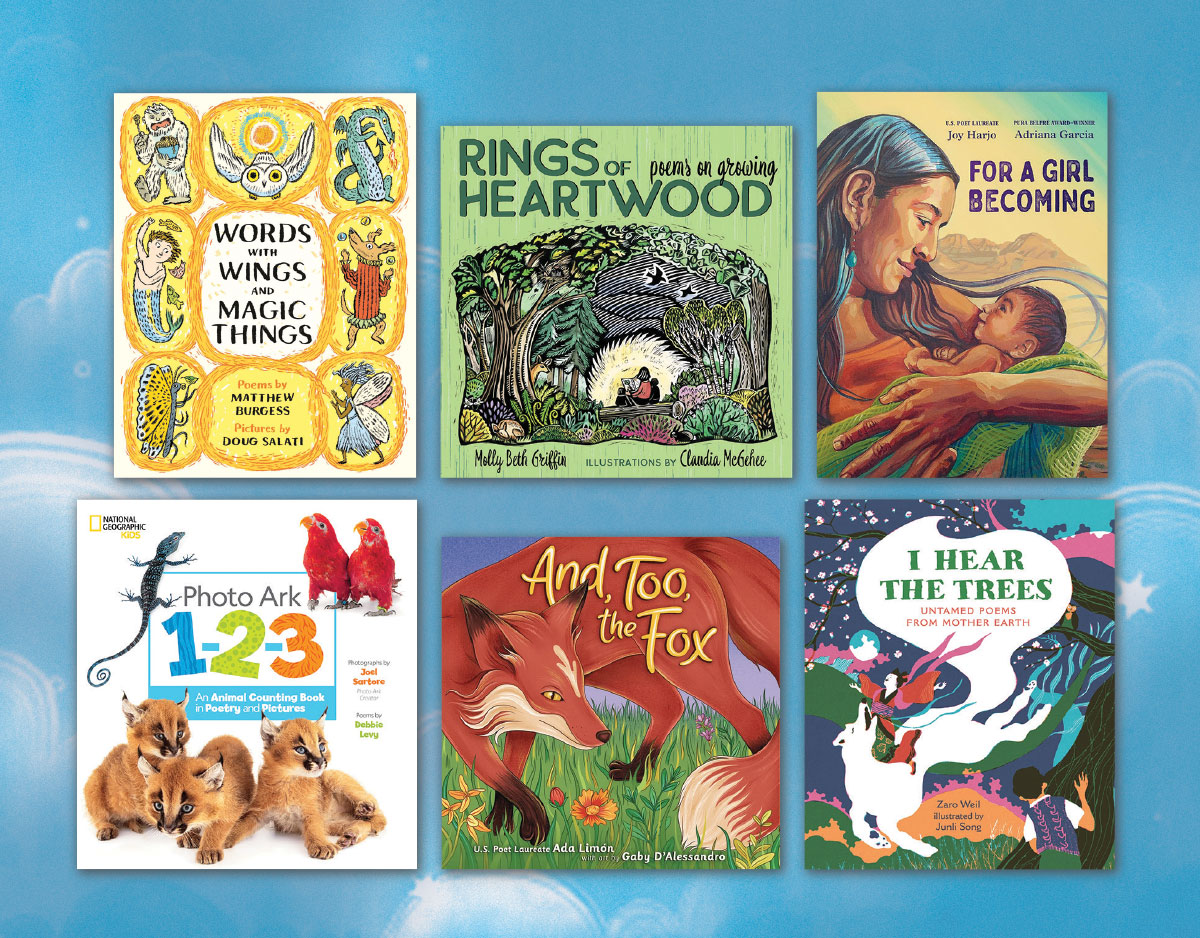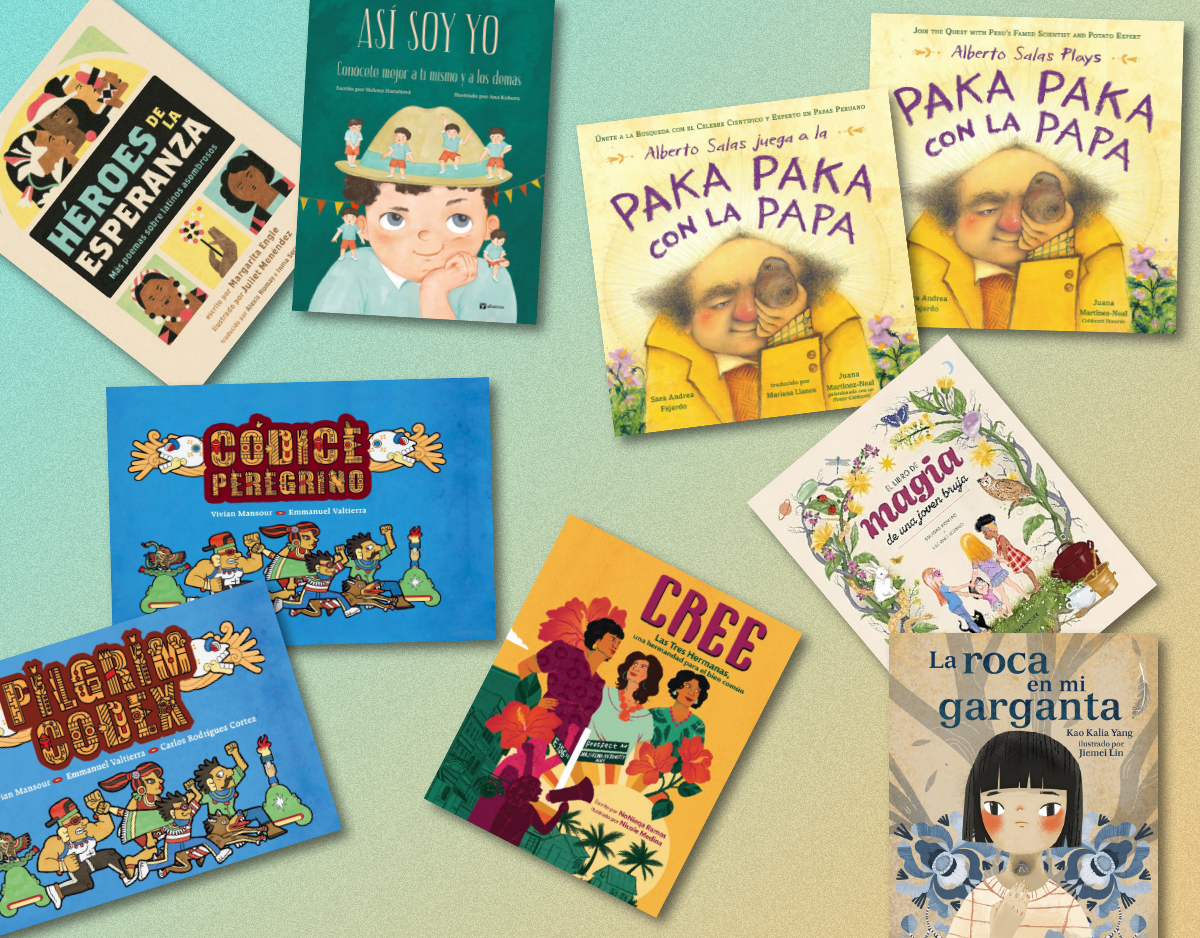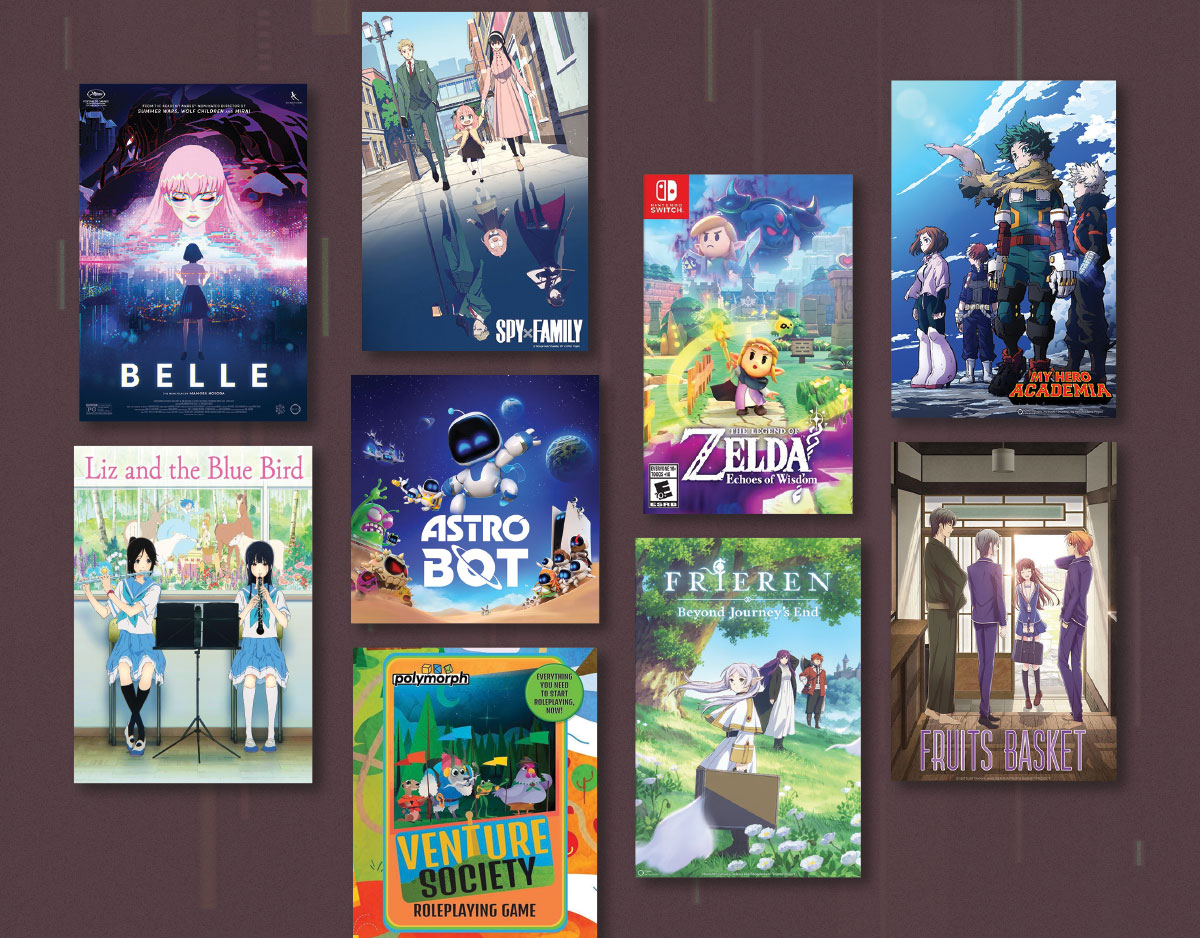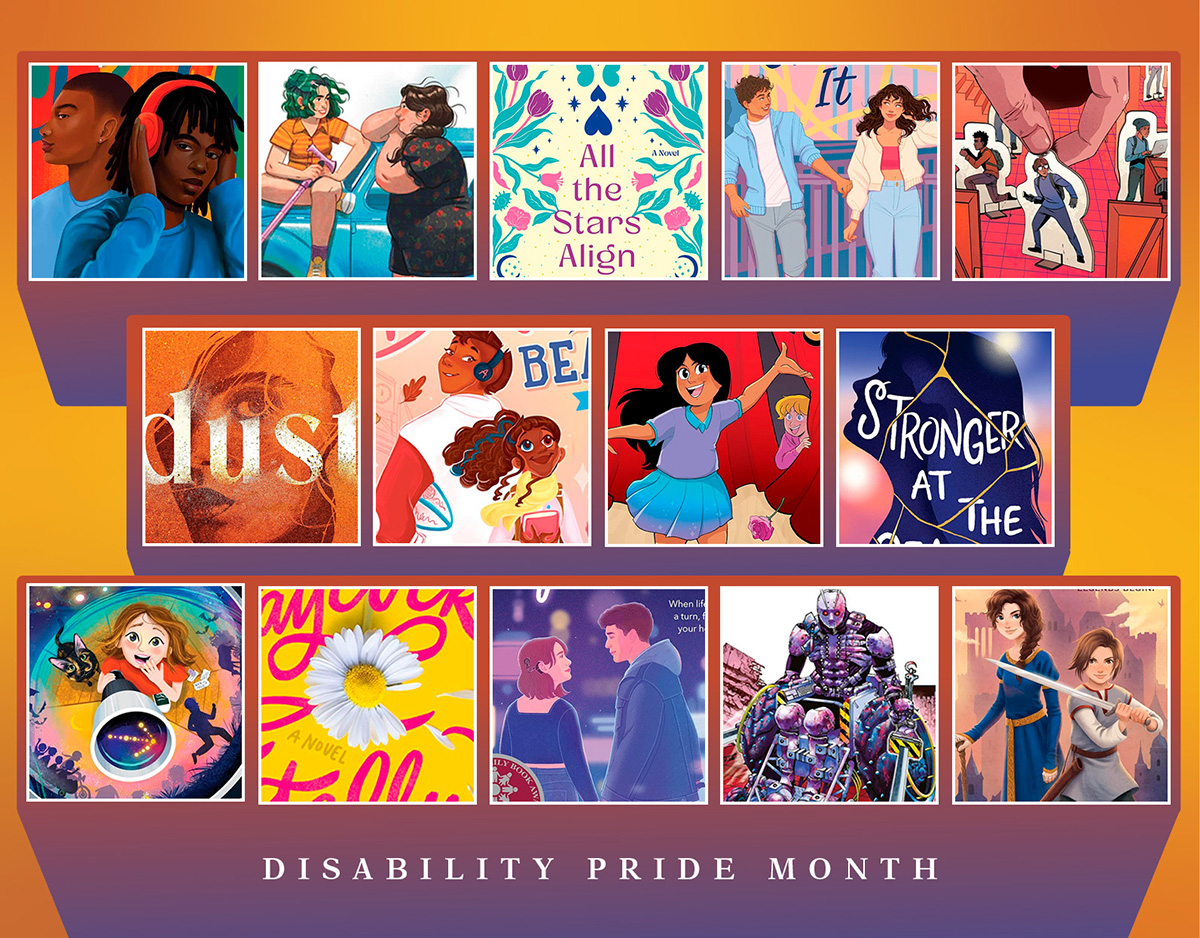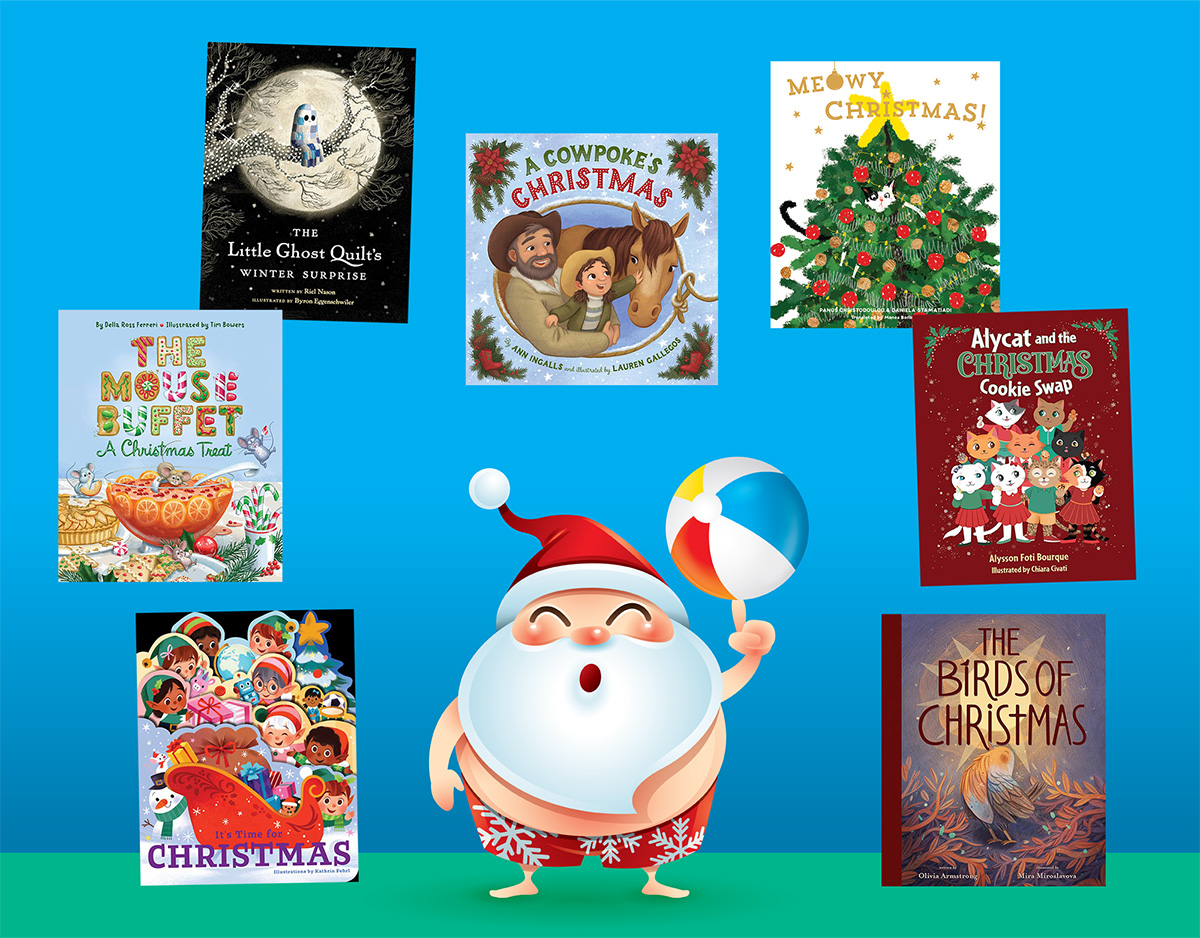SCROLL DOWN TO READ THE POST
Review: Family
Family by Micol Ostow. Egmont USA. 2011. Reviewed from ARC picked up at ALA.
 The Plot: Melinda Jensen is seventeen, lost and broken, looking to be healed. She goes to San Francisco where she is found and made whole by Henry. He is her answer, her salvation, a promise. He brings her into his family, a family of people whose bonds are created not by blood but by wanting to be together. What is more beautiful, what is more healing, what is more hopeful than that?
The Plot: Melinda Jensen is seventeen, lost and broken, looking to be healed. She goes to San Francisco where she is found and made whole by Henry. He is her answer, her salvation, a promise. He brings her into his family, a family of people whose bonds are created not by blood but by wanting to be together. What is more beautiful, what is more healing, what is more hopeful than that?
But blood will come. Because Henry is both more and less than what Mel wants and needs. Eventually she will realize that Henry is broken, that Henry is not giving but taking. What she sees as beauty and healing is a lie. By that time, though, there will be blood and it may be too late.
ADVERTISEMENT
ADVERTISEMENT
The Good: Melinda, Henry, the family. As the publisher’s website explains, Family is a “fictionalized exploration of cult dynamics, loosely based on the Manson Family murders of 1969.” Ostow uses fiction, verse, repetition and a fractured timeline to help the reader understand how and why someone could fall under another’s spell so completely that they do things they otherwise wouldn’t. It may use the broad bones of the summer of 1969, but it could any cult, any guru, any strong personality who captivates and betrays.
When Mel meets Henry, she has fled “uncle Jack” and his abuse, and she hasn’t eaten in days. Henry offers coffee, understanding, and shelter as well as drugs and sex. “Henry says there is no before, and He knows how to bring me to the now. He is magic, alchemy. chemistry. soothing serum, an elixir. He offers potions, medicines to break down inside my body, invade my cells. my mind sparks and my limbs loosen.” Already, Henry is “He”. Already, he knows just how to connect to this broken girl.
Make no doubt, Mel is already broken. Upon her arrival in San Francisco, “I was tired, the sort of tired that creeps into your spine. I wanted to sit. no, I wanted more than that: I wanted some sort of infinity.” Henry does not break her, he just takes and gives her what she wants (belonging) while hiding that he is using her and her pain. My own heart breaks for Mel, for how she has been shattered, and knowing how the people she turns to for infinity — Henry and his girls, Leila and Shelly and the others — will betray her, just like her uncle Jack and her mother.
The reader only ever knows Mel’s story. Hints of Henry’s is also given, a story of being sold for a beer — “you wouldn’t believe the sorts of things that some people throw away.” Henry, Mel, all the others, have been thrown away. Shelly had been a stripper when she met Henry. Leila’s smile is “closed and mysterious, like she’d read your diary or visited you in your dreams at night. like she knew your dirty secrets.” Mel doesn’t know Junior’s story but knows that if he is with the family, with Henry, “he is broken. must be broken.”
On page one, Mel says “I have always been broken,” and on page two “my hands are streaked with blood that is not my own. my hands are streaked with blood, and there is screaming.” Pages are turned with the question not being whether there will be an upcoming slaughter (it will happen, the blood is not her own) but whether Mel will ever be complete enough to stop betraying herself.
ADVERTISEMENT
ADVERTISEMENT
When I was younger, I read an excerpt of Child of Satan, Child of God by Susan Atkins in my grandparent’s Readers’ Digest. What I remember most is feeling horror, horror not just at what was done but also the fear of somehow being caught up in such a nightmare as the person doing it, dipping a towel in blood. The terror of losing oneself so completely, and finding oneself doing the unthinkable. Family explores just how a person gets to that point in a way that is devastating.
The book jumps in time, repeating words and paragraphs, reflecting Mel’s own sense of being fractured and trying to make her self and her story complete and whole. Mel at age six, Mel at 12, Mel meeting Henry, Mel and Shelly, Mel and blood, all is jumbled and mixed and twisted and turned, sometimes repeated. Even knowing what is happening, what will happen, what has happened — the blood — the reader hopes against hope that it will not end in blood.
The reader familiar with the Manson Family will no doubt try to see parallels to that story. Henry, of course, is Charlie; is Junior Tex? Is Shelly Sadie or Squeaky or a little of both? Who is Melinda and how far will she go? Fictionalizing the story of the girls who joined the Manson family allows Ostow to look at the greater truth of why someone would voluntarily join such a group, rather than be caught up in the individual stories of the real life young women who lost their futures by following Charlie. Ultimately, in Family, the answers given are the ones for Mel. Personally, it is hard for me to think of Charles Manson as anything other than Charles Manson. I can look at a photo of Ted Bundy and think, “yes, he was attractive,” but Manson — no. All I see is someone scary and frightening. Ostow’s Family allows a reader like me to not have a knee-jerk “no” reaction to Henry, because the book, and Mel’s actions, hinge entirely on the reader believing that Mel would believe in Henry. And yes… I believed. I believed Mel would believe.
Because the language is deceptively simple. Because phrases haunt me. Because I want, so desperately, for Mel to find herself. Because I found sympathy for the most unsympathetic actions. Family is a Favorite Book Read in 2011.
Filed under: Favorite Books Read in 2011, Reviews, Uncategorized
About Elizabeth Burns
Looking for a place to talk about young adult books? Pull up a chair, have a cup of tea, and let's chat. I am a New Jersey librarian. My opinions do not reflect those of my employer, SLJ, YALSA, or anyone else. On Twitter I'm @LizB; my email is lizzy.burns@gmail.com.
ADVERTISEMENT
SLJ Blog Network
Name That LEGO Book Cover! (#65)
Review of the Day: This is Orange by Rachel Poliquin, ill. Julie Morstad
Betty & Veronica: Summer Fun in the Sun | Preview
Heavy Medal Suggestions: 73 Titles and Counting
Like This, Try That: K-Pop Demon Hunters
The Classroom Bookshelf is Moving
ADVERTISEMENT
ADVERTISEMENT

